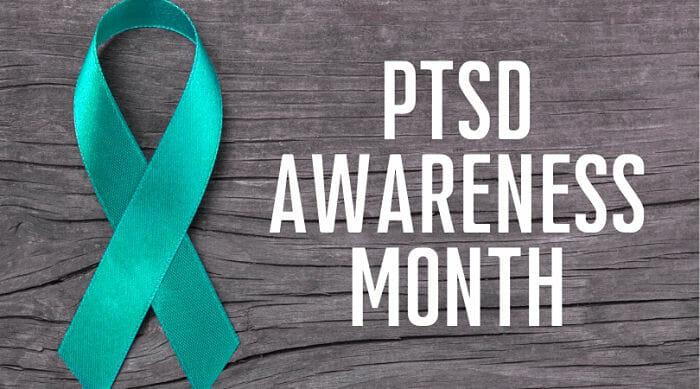
Posttraumatic Stress Disorder, commonly referred to as PTSD, is a mental health problem that some people develop after experiencing or witnessing a traumatic event. Any experience that threatens our life or someone else’s can cause PTSD. These types of events are sometimes called trauma. Examples of traumatic events can include:
-combat and other military experiences
-sexual or physical assault
-learning about the violent or accidental death or injury of a loved one
-child sexual or physical abuse
-serious accidents, like a car wreck
-threats that would result in serious injury, sexual violence, or death
-natural disasters, like a fire, tornado, hurricane, flood, or earthquake
-terrorist attacks
There are four types of PTSD symptoms, but they may not be exactly the same for everyone. Each person experiences symptoms in their own way.
The Four Symptoms of PTSD:
1. Reliving the event – unwelcome memories can surface at any time-this is called a flashback. Some people may also experience recurring nightmares.
2. Avoiding things that remind you of the event. An example would be someone who was assaulted on a bus who may avoid public transportation.
3. Having more negative thoughts and feelings than before the trauma. You may also lose interest in things you once enjoyed.
4. Feeling on edge/jittery – you may have trouble concentrating or sleeping.
If the above symptoms persist for longer than a month, and significantly interfere with your ability to function, then consult with a mental health professional. The professional will be able to determine if you are suffering from PTSD.
It is important to seek help as other mental health issues could arise. Some people with PTSD also suffer from depression, anxiety, alcohol, and drug abuse. There is help! Reach out and speak with a professional.
If you are in crisis, call 1-800-273-TALK (1-800-273-8255) anytime to talk to a crisis counselor. Press “1” if you are a Veteran. The call is confidential (private) and free.
Resources:
https://www.ptsd.va.gov/publications/print/understandingptsd_booklet.pdf
https://psychiatry.org/patients-families/ptsd/what-is-ptsd